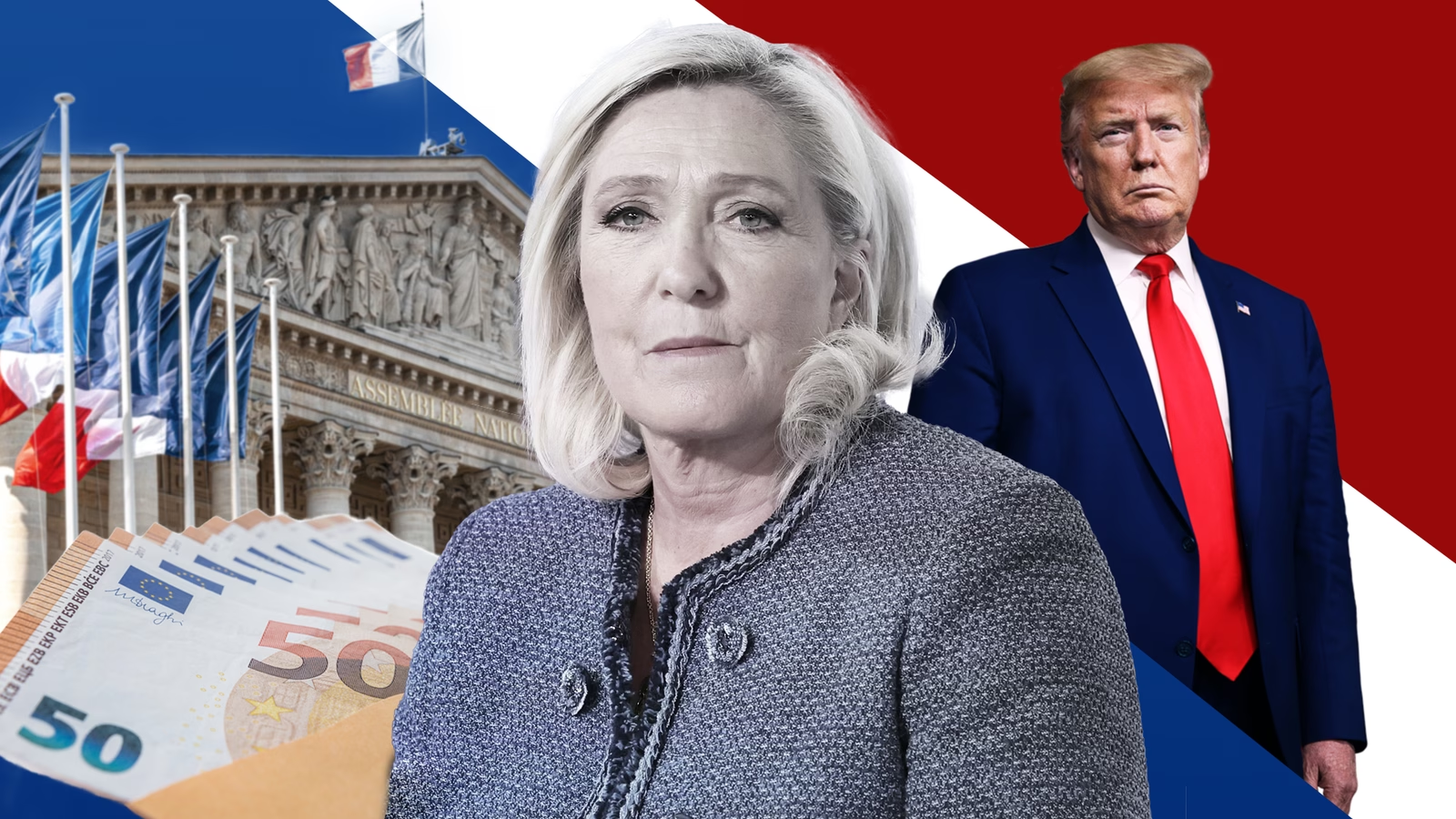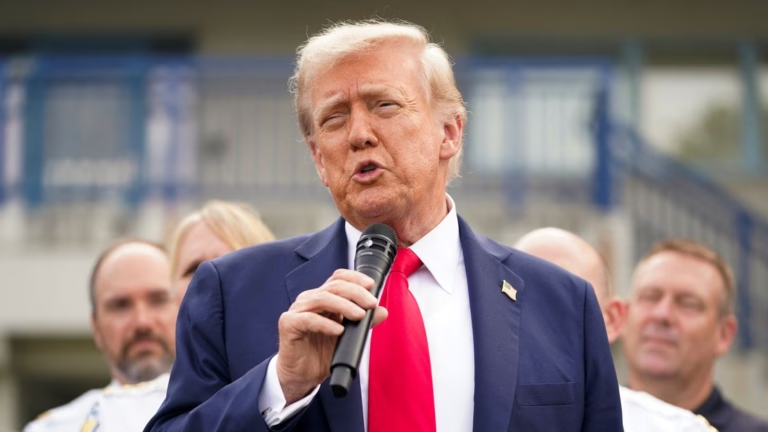Contemplating the impact of President Donald Trump’s return, it’s clear that the results of leadership elections in major nations have global implications. The G7, comprised of industrialized democracies, showcases significant political shifts. Italy elected Giorgia Meloni in 2022, marking a rise for the far-right and making her Italy’s first female leader and the first from a neo-fascist party since Mussolini. The political landscapes of the US and the UK also changed with the emergence of Donald Trump and Sir Keir Starmer. Germany has elected a more hawkish chancellor in waiting. The next critical election in what was once termed the “Western alliance” isn’t until 2027, with France due to select a president to succeed Emmanuel Macron. Disruptions, political conflicts, and populism are already influencing this contest, reflecting challenges observed in the US and Europe. Recently, French judges barred Marine Le Pen, the frontrunner, from running for presidency for five years, effective immediately, in a decision viewed by some as a blow to democratic norms.
The ban imposed on Marine Le Pen has sparked controversy and support from populist figures across Europe and Trump’s spokesperson. The decision was made at the discretion of the chief judge, Benedicte de Perthuis, and Le Pen and her party, the Rassemblement National (RN), likened the ban to a political assassination. Despite the ban, RN, now the largest party in the Assembly, still holds significant power. The political situation in France and beyond suggests these events could strengthen populist movements across the continent and the US.








